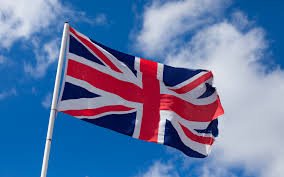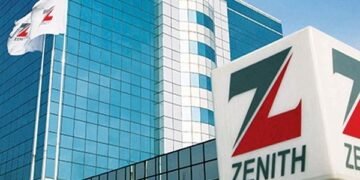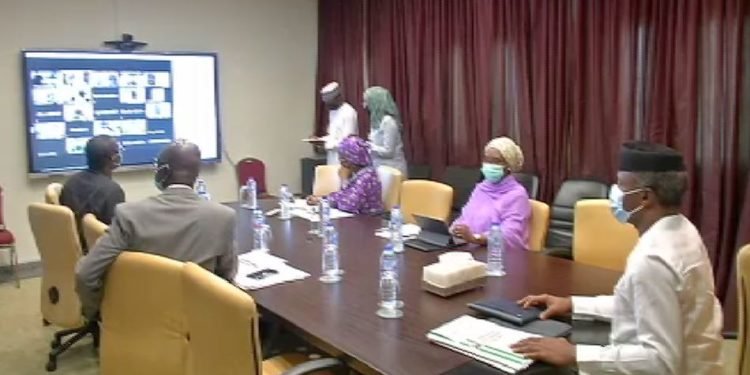In the National Economic Council (NEC) meeting held on Thursday, 21 May, 2020, the Finance Minister Zainab Ahmed said that Nigeria’s economy could shrink as much as 8.9% in 2020 in a worst-case scenario without stimulus. This will be a deeper recession than forecasted after oil prices plunged due to the coronavirus pandemic.
At the meeting chaired by the Vice President Prof. Yemi Osinbajo, Ahmed said that the best-case scenario without any fiscal measures, will see the economy contract by 4.4%. However, with stimulus, she said the contraction could be kept to just 0.59%.
On May 11, 2020, in an article comparing Covid-19 policy responses between Nigeria and other countries, Investogist listed several policy measures being taken by the Federal Government of Nigeria in response to the Covid-19 pandemic, which includes fiscal stimulus package in the form of a N500 billion (US$1.4 billion) Covid-19 intervention fund to support healthcare facilities, provide relief for taxpayers, and incentivize employers to retain and recruit staff during the downturn.
The impact of the pandemic and oil price plunge, is visible. In April, there was a 22.37% drop in the revenue shared by the FG, States and LGAs, as the money accruing to the federal accounts was N606.19bn down from N780.92bn.
In an acknowledgement of a fact known to everyone, the Minister said that 40% of Nigerians were poor and the pandemic would increase the poverty. Investogist had earlier in the month reported that according to the National Bureau of Statistics, that 4 out of every 10 Nigerians are poor.
It was made known in the meeting that Nigeria is planning a package for fiscal relief, to be given to states by September. The proposal is estimated to be worth US$1.5 billion.
In her briefing, Ahmed said Nigeria now has $72.04 million in its excess crude account as of May 21, compared to $325 million in November.
Read more; Inflation Hits 24 Month High in Nigeria
The National Economic Council (NEC) was established by the provisions of the Constitution of the Federal Republic of Nigeria, 1999, as amended; Section 153(1) and Paragraphs 18 & 19 of Part I of the Third Schedule.
The current National Economic Council was inaugurated by President Muhammadu Buhari on 29 June 2015. Chaired by the Vice President, Prof. Yemi Osinbajo, SAN, the NEC, which meets monthly, has the mandate to “advise the President concerning the economic affairs of the Federation, and in particular on measures necessary for the coordination of the economic planning efforts or economic programmes of the various Governments of the Federation.”
Membership of the NEC comprises of the 36 State Governors, the Governor the Central Bank of Nigeria and other co-opted Government officials.
Written by
Nnamdi M.


























































